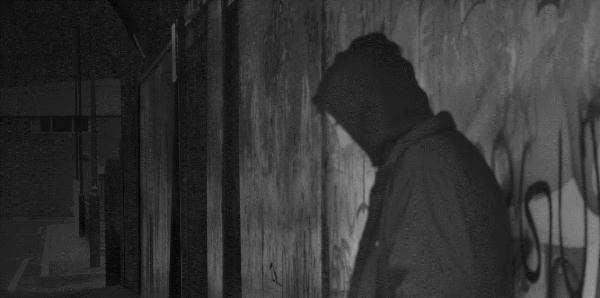
A Liverpool charity that supports the victims of trafficking is working to raise awareness of the plight of male victims of this ‘faceless’ crime.
When we think of human trafficking we predominantly think of women and the sex trade. However, according to the Salvation Army, men are also being trafficked into the UK, including many to the North West.
The Salvation Army says it knows of 156 men who were brought into the UK illegally in 2011.
Male human trafficking is not as well documented in the media as that of the female sex trade but vulnerable males are being targeted, sold and coerced in different ways in order to get them to work in other countries. They are often promised pay and a good job, but the reality turns out to be much different.
Forced labour is the biggest type of exploitation suffered by victims of human trafficking, who are mainly put to work in agriculture jobs, labouring and factory work. This faceless crime is thought to be getting worse as a result of the recession as companies and organisations are always looking to cut costs and the most expensive cost is labour.
Phillip Clayton, Anti-trafficking Manager at the City Hearts agency, Liverpool, deals with victims of human trafficking and helps them come to terms with what has happened.
He told JMU Journalism: “The victims trust the traffickers because they don’t know the English system. They coerce them physical and psychologically. They are taken, locked up and forced to work all over the world.”
The majority of the men being trafficked are from Poland and other European countries, but men have being brought to the UK on false pretences from over 51 countries in all corners of the world.
Men are also trafficked from the UK primarily into Nordic countries, these are mainly homeless people or those in a vulnerable state as mental health issues make them easy targets to traffickers.
https://www.youtube.com/watch?v=80AkgFFHVIc
Mike, who was trafficked from the UK, told the Salvation Army: “I was working but when the financial crisis happened I lost my job and began sleeping rough. These men came up to me and said they could give me a place to live and a job. I thought it was a good opportunity, so I moved to a caravan site.
“Every day I would start work at 7am and get back around 9pm. I was doing ground work six days a week. I heard one person had tried to escape but he was beaten up with a spanner. We were all too scared to leave.”
However, Phillip Clayton stresses that the Government is acting to do something about it. There is a support system in place and the European Union states that victims of trafficking have a minimum of 30 days to stay in the country and be helped by organisations such as the Salvation Army and City Hearts, who assist the victims with psychological support and help them to rebuild their lives.
A lot of the men are afraid to speak out and do not speak English. Once they are found, if they are legally allowed to stay in the country, organisations such as City Hearts help them move into proper employment or help them to return home – 56% of victims last year were returned to their country of origin. Most of the victims are referred to these organisations by the police.
Mr Clayton thinks that the Government is doing well in responding to this global crime but he believes that people like him need more time to work with the victims, who are mainly between the ages of 21 and 30.
He said: “The needs of male victims are very different in the way they respond to trauma. Males take a lot longer to come to terms with it and can be in denial about what has happened to them.”
Mr Clayton wants to raise awareness of the fact that males are flowing into the country and forced to work, yet if people don’t know about the crime, they won’t know what to look for if they suspect it.
Mr Clayton said: “Once we are informed, victims can be identified and picked up very quickly. But a lot of people don’t know about it because it is faceless. It is more something you suspect. If someone said something or you read something you might think, ‘Oh hang on, lots of foreign people that don’t speak English, coming in and out of a house early in the morning and coming back late at night frequently, the people there change regularly, they look like they’re being controlled.’ If someone just suspects it then let us know.”
If anyone suspects trafficking there are a number of confidential helplines that people can call, such as the Salvation Army, the Police or City Hearts. To find out more about human trafficking, or to get in touch with City Hearts in Liverpool, please visit www.city-hearts.co.uk.
Additional reporting by Sara Ainsworth.

